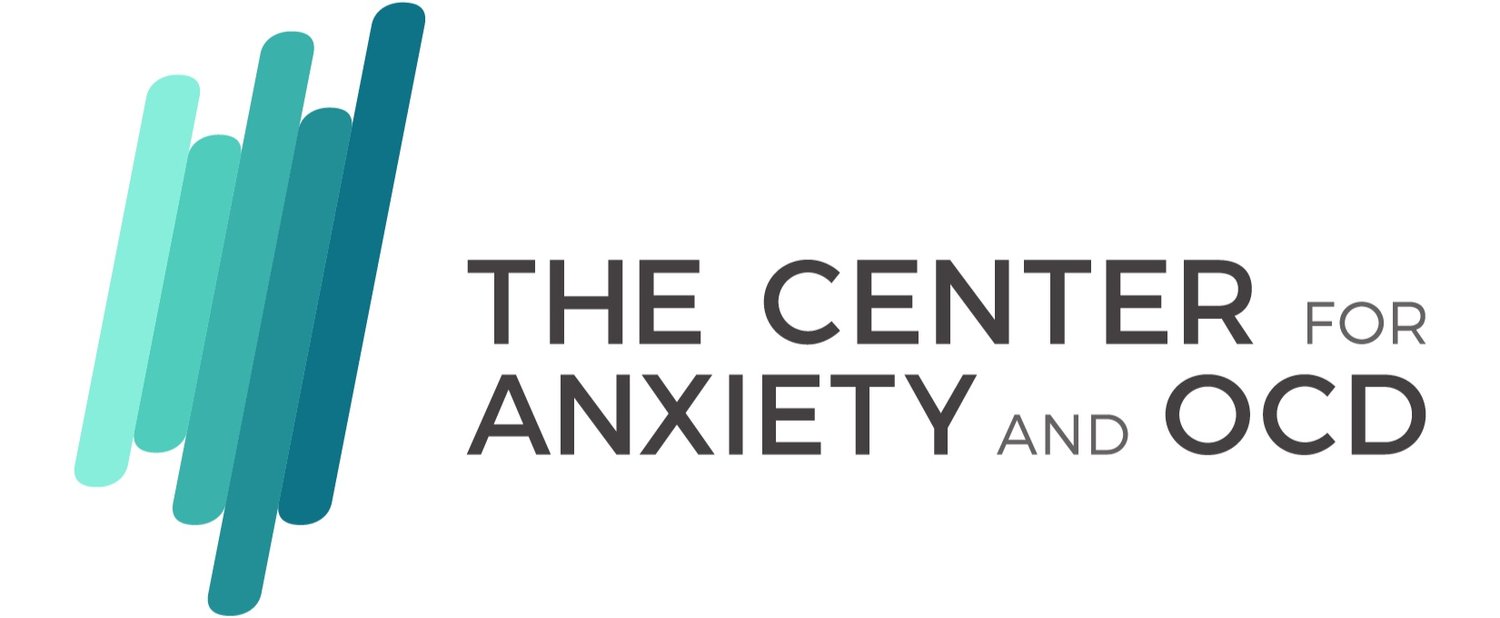Am I Compulsively Seeking Reassurance?
Most of our clients are curious to know if the questions they are asking their therapist, loved ones, professors, and most importantly, themselves, are compulsive and feeding into the OCD cycle or not.
It’s understandably difficult to discern between reassurance seeking questions, the kind that fuels OCD and increase doubt, versus supportive requests, which are a normal part of all relationships. Parents too, are curious to know if answering their child’s questions are helpful or hurtful to their recovery.
If you’re wondering if the questions you’re seeking answers to are compulsive, ask yourself the following:
1. “Why am I asking this question?”
If the reason that you are asking a question is to soothe your anxiety, it is, by definition, compulsive and it's better to wait until your spike has passed to consider if it's worth asking. Whereas if your question has an answer that you cannot reasonably access via tangible evidence or lived experience, this could be considered an information-gathering question.
Information-gathering questions are typically not compulsive and are asked with the purpose of understanding further or finding out something we cannot reasonably find the answer to ourselves. For example, asking your partner what they would like for dinner is an information-gathering question, while asking your partner if they would leave you if they didn’t think you were a good cook would be compulsive.
2. “How many times have I asked this?”
If you have asked the question already, and gotten the answer, then the urge to ask it again is most likely compulsive. Most people are looking for that perfect answer- the one that takes away their anxiety, the one that never comes. Instead, practice asking a question once and then sitting with the answer you receive, no matter how imperfect it may be. By not mounting a full-on investigation, you teach your brain you can indeed tolerate discomfort and challenge the urgent desire to avoid pain at the root of OCD.
3. "Is there evidence that I can use to answer this myself?”
If you can see, smell, hear, touch, or taste the answer with your body, then asking the question just to “double check” your reality is typically compulsive. If something has happened repeatedly, for example, your mom picks you up from school every single day, then we need to practice leaning into the evidence of the pattern, and take the risk of assuming mom will pick us up from school without asking her each morning. OCD has been nicknamed the “doubting disorder” for a reason, and the way to combat that is to lean on evidence or facts that we have access to.
Ultimately, no answer will be enough to satisfy your OCD. Instead, practice recognizing when your questions have been "asked and answered," and choose to live with the uncertainty inherent in all human life.

